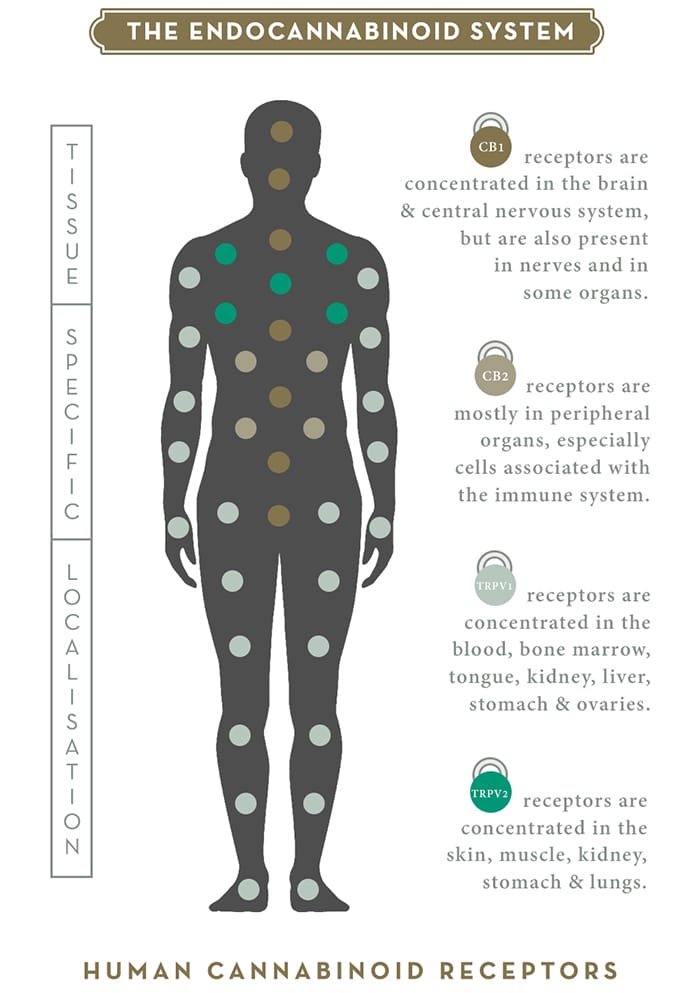
Unveiling the Mysteries: The Endocannabinoid System Explained
The Endocannabinoid System (ECS) is a complex and crucial component of the human body. It’s a term that has been surfacing frequently in scientific circles and beyond. But what is the endocannabinoid system? And why is understanding this system paramount to human health? In this comprehensive guide, we unravel the intricacies of the ECS, shedding light on its functions, its interaction with CBD, and its role in maintaining bodily equilibrium.
What is the Endocannabinoid System (ECS)?
The endocannabinoid system (ECS) is a biological network comprising endocannabinoids, lipid-based retrograde neurotransmitters, and cannabinoid receptors present throughout the central and peripheral nervous systems. This system plays a pivotal role in regulating various physiological and cognitive processes, including mood, memory, appetite, and pain sensation, among others1.
The Core Components of the ECS
- Endocannabinoids: These are molecules made by your body. They’re similar to cannabinoids, but they’re produced by your body.
- Cannabinoid Receptors: Found throughout your body, these receptors are attached to the nervous system and allow endocannabinoids to bind to them.
- Enzymes: These are responsible for breaking down endocannabinoids once they have carried out their function.
Is the Endocannabinoid System Real?
Yes, the endocannabinoid system is real and significantly impacts human health by maintaining homeostasis, which is the stable internal environment necessary for survival.
Functions of the Endocannabinoid System
The ECS is involved in a multitude of functions, including:
- Motor Learning: The ECS aids in the control of movement and motor coordination.
- Appetite: It plays a crucial role in regulating hunger and other digestive processes.
- Pain Sensation: The ECS is involved in modulating pain perception.
- Memory: It plays a role in learning and memory processes.
How Does CBD Affect the Endocannabinoid System?
CBD interacts with the ECS by inhibiting the breakdown of endocannabinoids, thus enhancing the body’s ability to utilize them more efficiently. This interaction elucidates the potential therapeutic benefits of CBD and other cannabinoids.
Diagram of the Endocannabinoid System
For a visual representation of the ECS, click here.

Exploring Further: The ECS and Autism
Some preliminary research suggests a link between the endocannabinoid system and autism, hinting at the ECS’s potential in managing or treating certain neurological conditions.
Conclusion
Understanding the endocannabinoid system is crucial, given its significant impact on human health and potential therapeutic benefits. As research into the ECS and its interaction with cannabinoids like CBD advances, the potential for new treatments for various medical conditions continues to expand.


Recent Comments